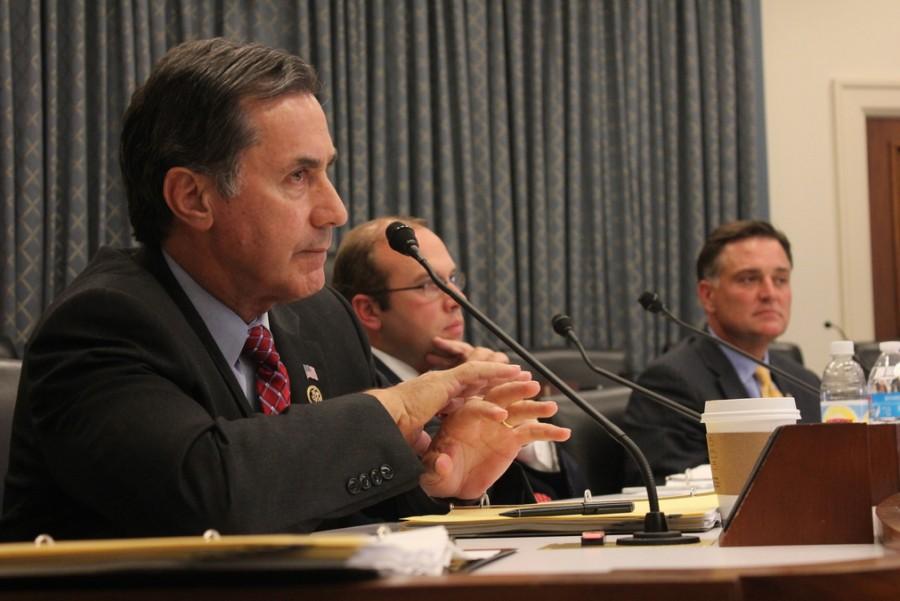WASHINGTON – Seventy-three million people. Ninety percent have a smartphone. Thirty-four percent have a bachelor’s degree. Twenty-five percent are married.
Meet the millennials.
Compared to their predecessors (gen x, boomer and silent), millennials are less likely to go to church, more likely to have student loan debt and more likely to be liberal than conservative. Still, 50 percent identify as politically independent, according to the Pew Research Center.
The latter two facts helped provide the impetus for a June 23 House Republican Policy Committee meeting. Chaired by Rep. Elise Stefanik, R-N.Y., the youngest woman elected to Congress and a member of the millennial generation, the meeting covered a range of research and policy recommendations.
Specifically, the committee wanted to know how the Republican Party can win more millennial voters in the 2016 presidential election. In 2008 and 2012, 60 percent or more of eligible millennials voted for President Barack Obama.
“If you don’t make an effort to reach out to millennials, that could cost an election,” John Della Vope, director of polling at the Harvard Institute of Politics, said. “It’s the largest generation in the history of America.”
The recipe to win more millennials, however, is messy. Jared Meyer, Manhattan Institute fellow, said millennials tend toward being socially liberal and fiscally conservative.
Although about two-thirds or more of millennials support the legalization of marijuana and same-sex marriage, murky partisanship emerges over other issues. On one hand, a majority of millennials prefer a bigger government with more services. On the other hand, millennials offer the least support of all generations for Social Security benefits.
“Is our challenge in reaching millennials more one of packaging, or more one of product?” Rep. Luke Messer, R-Ind., chairman of the House Republican Policy Committee, asked.
Kristen S. Anderson, co-founder of Echelon Insights, said the GOP needs to address both its product and its packaging for millennial voters. Citing an instance when Obama touted a law deregulating crowdfunding in an MTV interview, Anderson argued the GOP let the president package part of Republican fiscal policy.
“Millennials lean more socially liberal than perhaps older generations, but there are a lot of issues within that bucket of what we think of as the social issues,” Anderson said. “On, for instance, the issue of life and abortion, there’s actually not that much of a generational divide.”
Anderson said the GOP tends to shy away from talking about social issues. But Anderson said when the GOP stays silent on certain issues it allows the Democratic Party to define its positions.
Vope said millennials tend to back GOP policies, including cutting taxes to increase economic growth and school choice. Yet they tend to align with Democrats on addressing poverty and fighting climate change.
“This is as much a question of how the policies of the Republican Party align with the values of this generation,” Scott Ketter, director of survey research at Pew, said.
About 50 percent of millennials voted in the 2012 presidential election cycle. As the largest generation in the labor force, Anderson said a bulk of millennials will be voting through the 2076 election.
With 50 percent of millennials politically independent and about half not voting in the previous presidential election, many of their votes appear to be up for grabs.
“America’s future depends on millennials’ ability to live the American dream,” Messer said. “We’re going to push forward with the policies it will take to win that generation over.”
Reach Matthew J. Connor at [email protected] or 202-408-1494. SHFWire stories are free to any news organization that gives the reporter a byline and credits the SHFWire. Like the Scripps Howard Foundation Wire interns on Facebook and follow us on Twitter.





